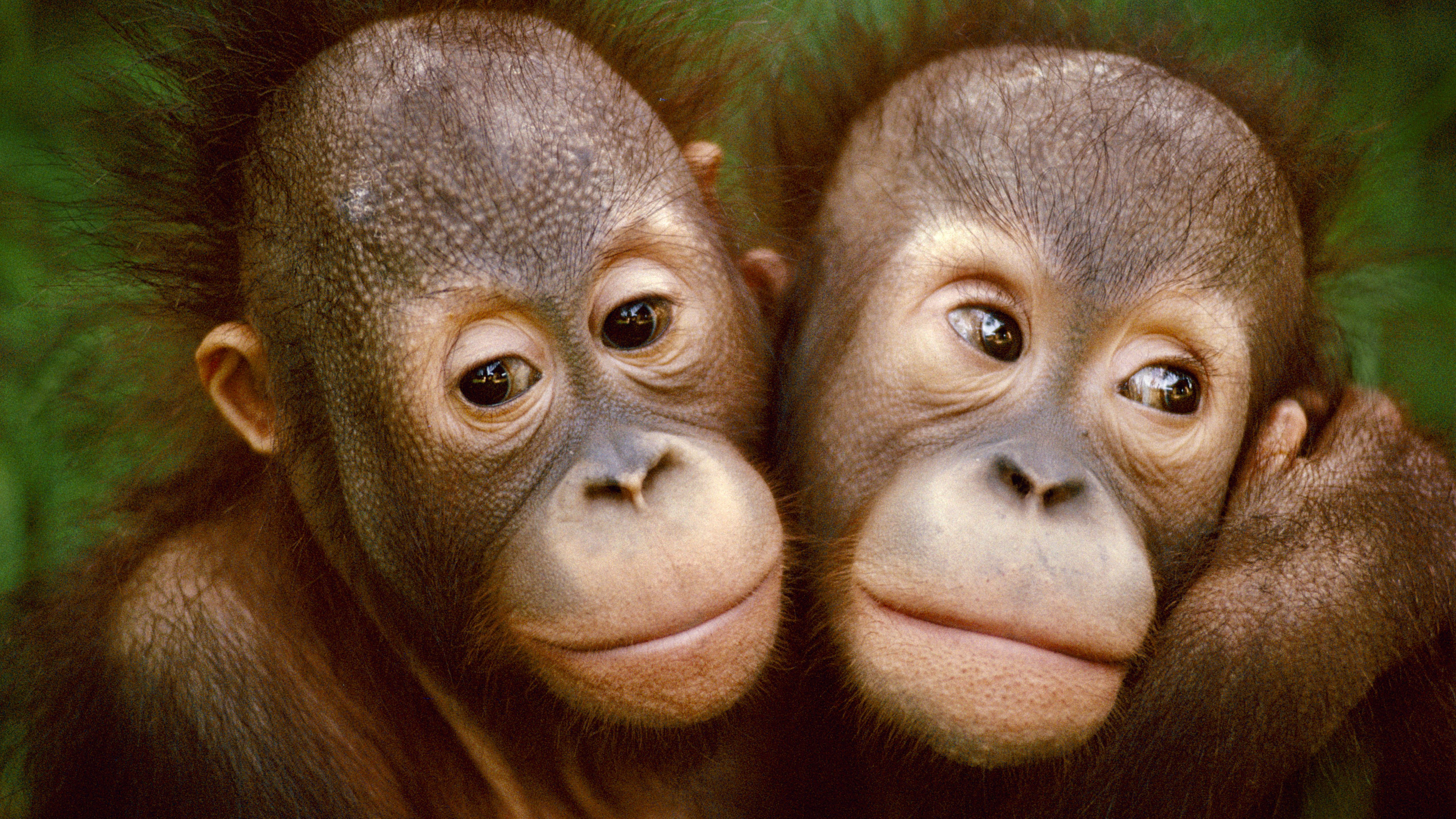These animals will probably be extinct before you die
Cecil The Lion may have had an untimely death, but these animals are likely to join him any day now…
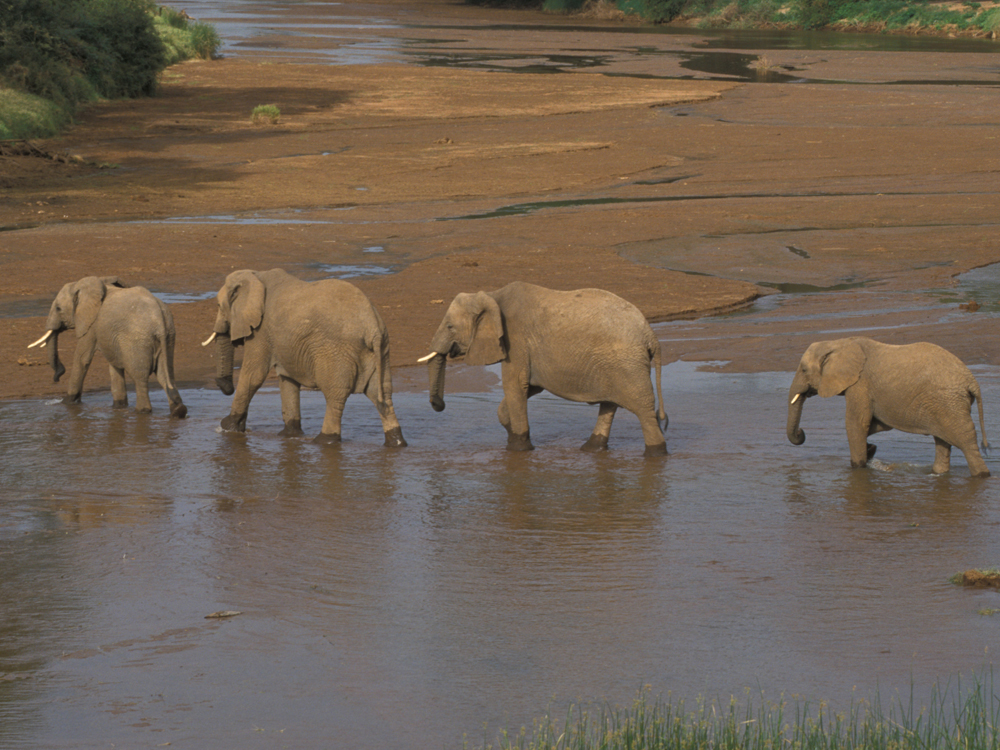
Cecil The Lion may have had an untimely death, but these animals are likely to join him any day now…
Originally published on 3 August 2015
Whether you wept at the news that Cecil The Lion had been killed at the hands of a crossbow-happy dentist from Minnesota, whether you didn’t even know there was such a thing as a crossbow-happy dentist (or that lions came with names), or whether you just used it as an excuse to wave your hands around and exclaim loudly, the events in Zimbabwe in 2015 brought an important subject to light: increasing numbers of animals are headed straight for extinction, unless we do something about it.
Every year, day in and day out, humans poach animals. Sometimes it’s for food, and your viewpoint on that probably depends on the circumstances (how hungry was the person holding the crossbow? How many people are in need of that specific meal? Are you, or are you not, a vegetarian?). Sometimes it’s for their skin, or their body parts, and your viewpoint on that probably depends on the circumstances too (how cold was the person holding the crossbow? Is the rest of the animal going to be eaten, too? What is the exact situation surrounding the animal’s death?).
And sometimes it’s just for fun. And your viewpoint on that probably depends on whether or not you’re a very nice person. Because honestly, just buy a goddamn Playstation.
But did you know how many other animals you've grown up loving/watching on numerous animal documentaries are also endangered species that are headed for extinction at the hands of poachers?
ELEPHANTS
Celebrity news, beauty, fashion advice, and fascinating features, delivered straight to your inbox!
Chances of getting to see an elephant fly are lower than ever, as poachers continue to target our favourite big-eared beasts. Buying and selling ivory (known as ‘white gold’) has been forbidden internationally since 1989, but that’s just made it all the more desirable. Last year, the black market price was as high as $2100 for a kilo of tusk. And according to the most recent statistics, one in 12 African elephants was killed by a poacher in 2012. But it gets worse: in Asia, only the male elephants have tusks, meaning that they’re specifically at risk, and causing a gender imbalance that could lead to an even quicker extinction.
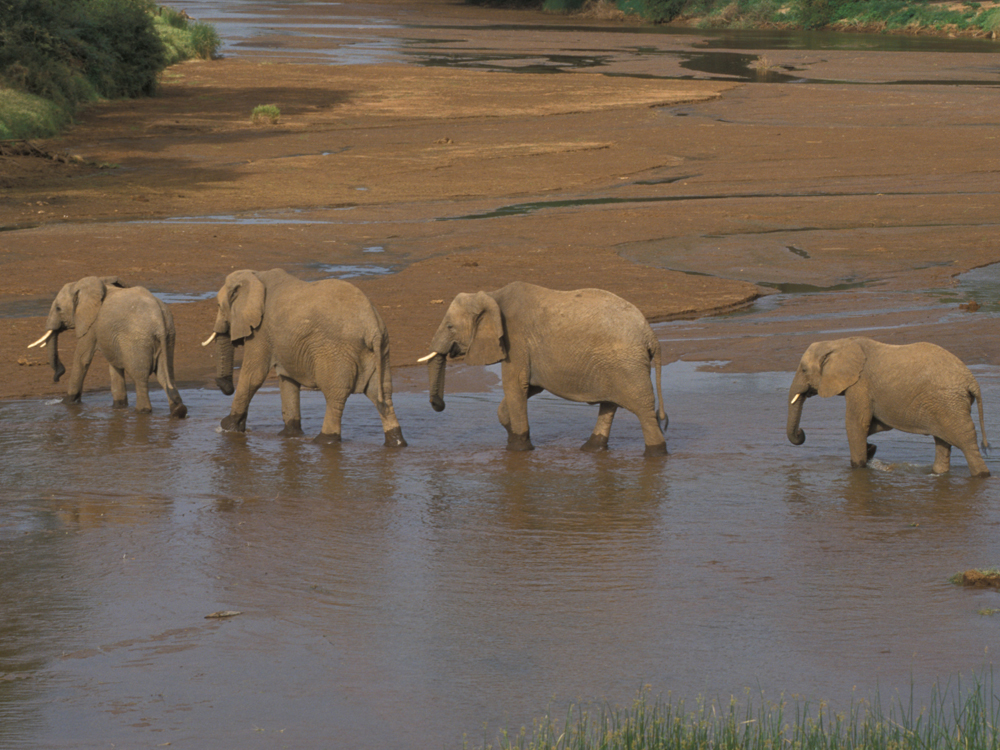
RHINOS
Imagine walking around the dark streets of London with a diamond on your face, and you’ll get an idea of how endangered the life of a rhinoceros is in 2015. A rhino horn is even more desirable than an elephant tusk, and trades for $65,000 per kilo. That’s more than diamonds, gold or cocaine.
But while ivory is bought for its decorative value, rhino horn is marketed as a fix-all elixir, promised to cure cancer, hang overs and bad moods (seriously). Not bad for a product with the same nutritional value as a human fingernail, but pretty darn bad for the animal it’s attached to. Yep, 393 white rhinos were killed for their horns last year, and it’s estimated that all rhinos could be extinct in the next 20 years if we don’t do something about it soon.
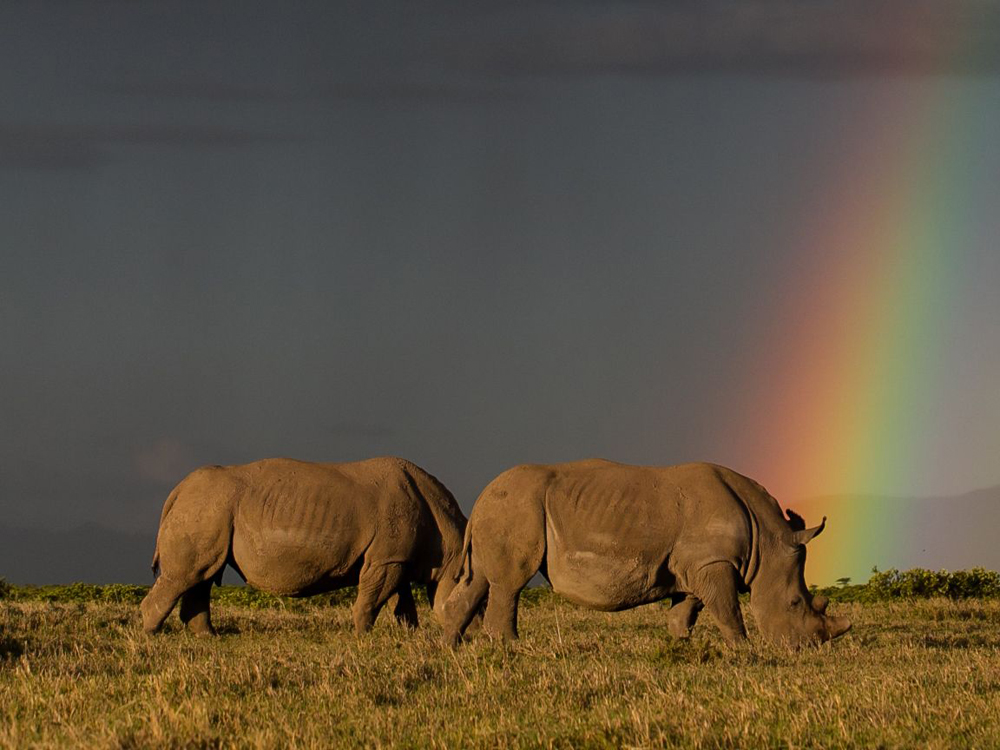
GORILLAS
Considering the fact that mankind is directly descended from all things monkey, this is kind of like poaching your great great great great great great great great, slightly-overweight, uncle Gary. (OK, OK, your biology teacher might disagree with that analogy, but you get the point: killing gorillas is wrong.)
Sold as ‘bushmeat’ to tourists, or targeted for their heads, hands and feet (which are promptly marketed as lucky charms, folkloric remedies or just trophies to nail above the mantlepiece), gorillas are hugely endangered. According to one scary statistic, by 2050 we’ll have wiped out 80 per cent of all western gorillas.
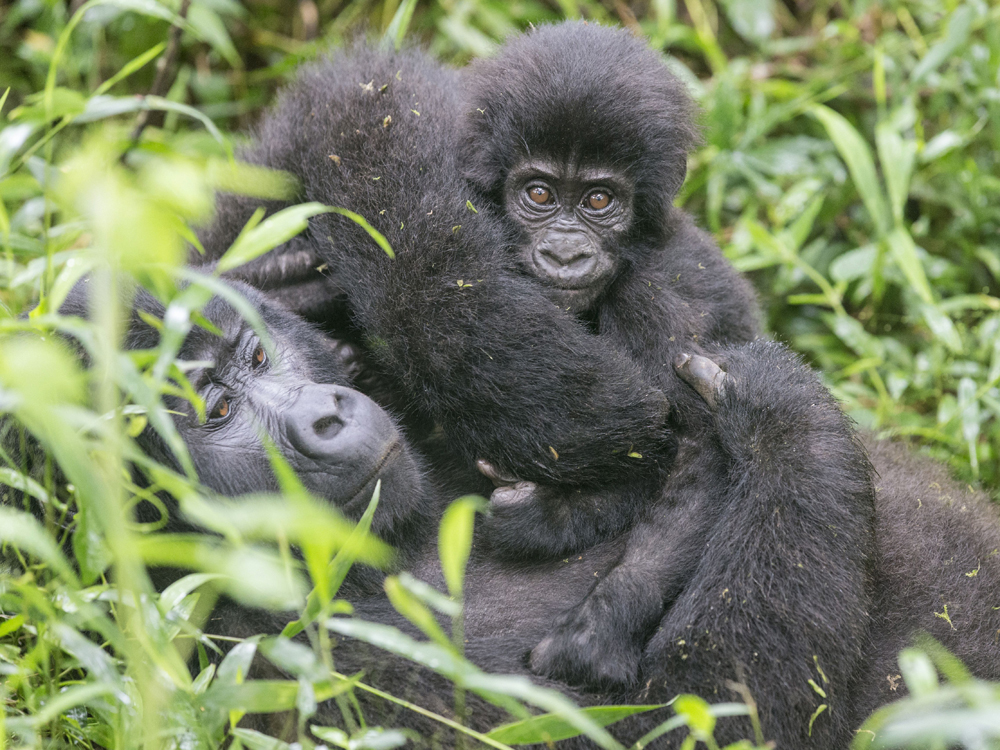
TIGERS
Here’s an absolutely devastating fact for you, your future children and everybody who has ever read The Jungle Book. There are currently estimated to be less than 2500 tigers in the world. TWO THOUSAND FIVE HUNDRED.
To put that into context, we’ve killed 97 per cent of the tigers that were alive 100 years ago.
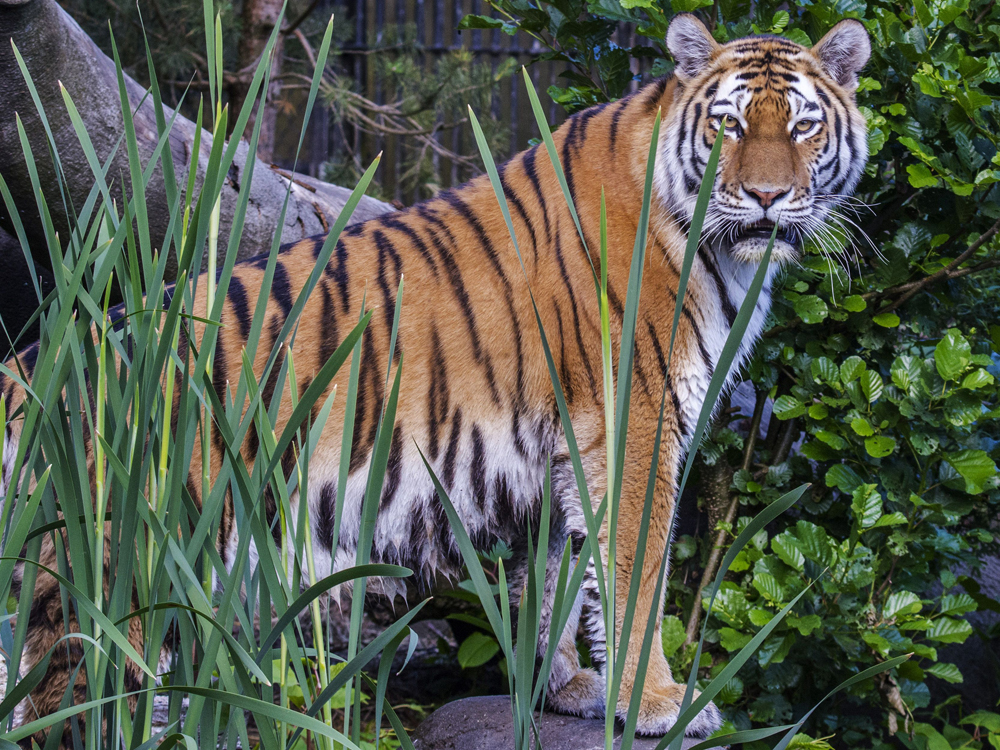
LEMURS
We shouldn’t preferentiate between endangered animals according to how cute they are, but if we did, lemurs would totally win.
Yep, it’s hard (read: impossible) to believe that these cuddly little gangly fur ball things are currently the world’s most endangered species. It’s also hard (read: impossible) to believe that people are still hunting them.
Lemurs are only found on the island of Madagascar, and while climate change and deforestation are both playing a part in the mammals’ untimely demise, it comes down to poaching too: either by desperately hungry locals, or by hunters who fancy making a bit of extra cash by selling their meat onto restaurants.
Needless to say, if you’re heading to Madagascar any time soon, please, please, please don’t eat any lemur meat.
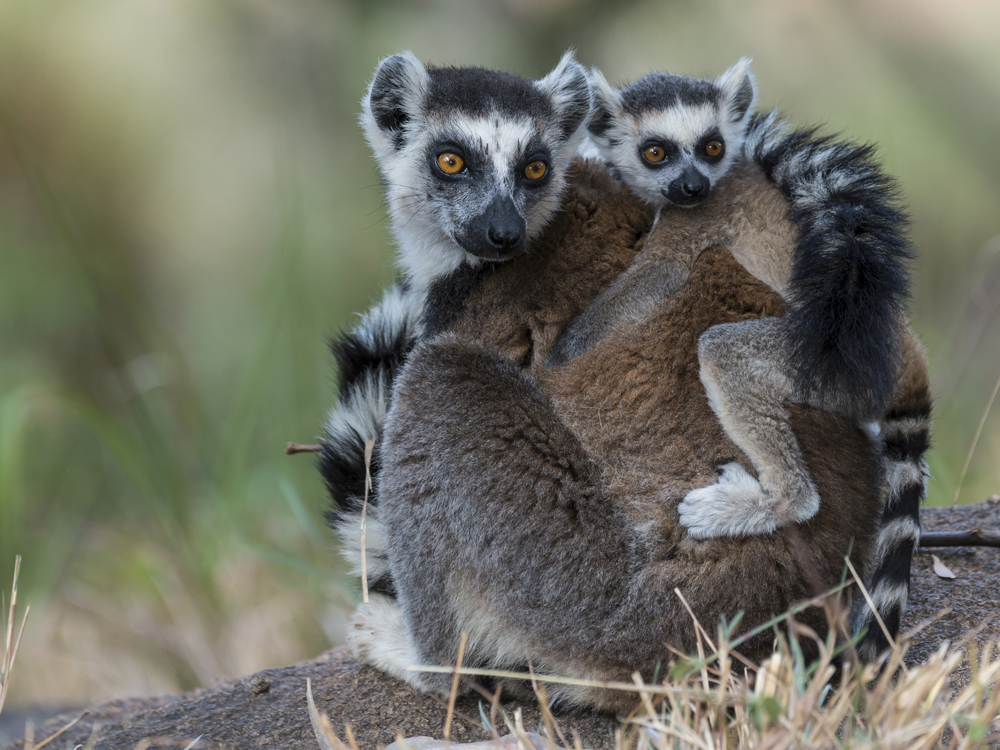
SEA TURTLES
Yep, we’ve already killed off Dumbo, Shere Khan and half the cast of , but now it’s time for those surfer dudes from to go too.
Many varieties of sea turtle take up to 30 years to reach breeding age - something we should all be able to relate to, tbh. So increasing numbers are being poached before they’ve had a chance to reproduce - leaving numbers severely in decline. Millions and millions of these creatures have been killed for their shells - and even though the tortoiseshell trade is now illegal worldwide, the black market continues to thrive in China, Japan and South America.

BORNEAN ORANGUTANS
Like many other species, deforestation has had a devastating effect on the Bornean orangutan population: Between habitat degradation and illegal hunting, according to an IUCN assessment undertaken in 2016, the world is expected to see a shocking decline of these beautiful animals by 86% between 1973 and 2025. Whilst conservationists hold hope that the population will recover due to their impressive adaptability to the changing surroundings, Bornean orangutans only reproduce once every six to eight years meaning that a significant population loss is hard to recover quickly.
